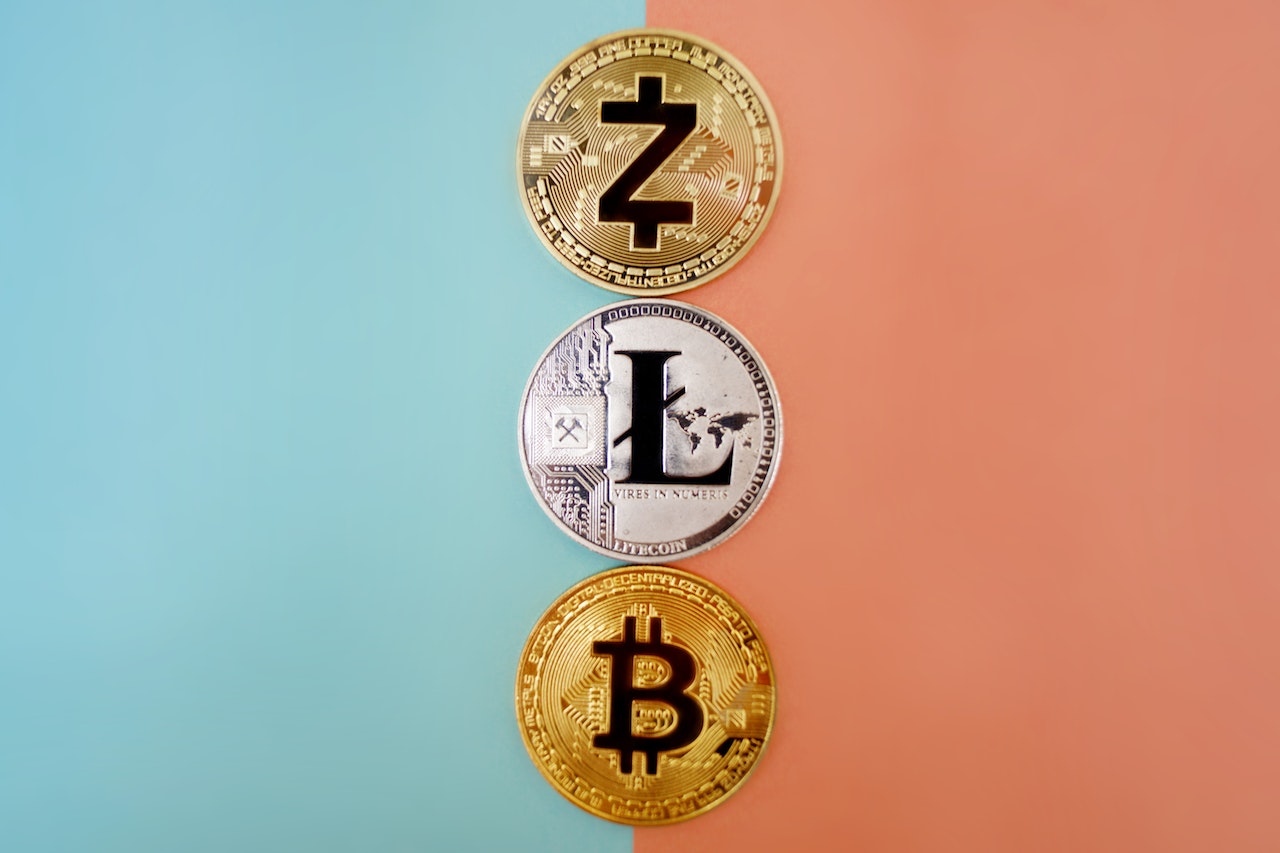The rise of digital currency has led many people to question the future of traditional money. While it’s unlikely that physical cash will disappear completely, digital currency is undoubtedly changing the way we think about money.
One of the most significant impacts of digital currency on traditional money is the potential for financial inclusion. Digital currency can make it easier for people who don’t have access to traditional banking systems to participate in the global economy. This can be particularly important in developing countries, where many people need but do not have access to banks or other financial institutions.
Digital currency can also make transactions more efficient and cost-effective. With digital currency, there is no need for intermediaries like banks or credit card companies, which can reduce transaction fees and processing times. As a result, digital currency can make it easier for businesses to conduct transactions globally and lower consumer costs.
However, the rise of digital currency also poses some risks to traditional money. For example, if digital currency becomes more widely accepted, it could lead to a decrease in demand for physical currency. This could have a negative impact on the economy, particularly if it leads to a reduction in the use of banks and other financial institutions.
Government Regulations and Policies on Digital Currency
As digital currency becomes more mainstream, governments around the world are beginning to explore ways to regulate it. Some countries have taken a hands-off approach, while others have implemented strict regulations to control the use of digital currency.
In the United States, the Internal Revenue Service (IRS) has classified digital currency as property for tax purposes. This means that digital currency transactions are subject to capital gains taxes, just like other forms of property. In addition, the Securities and Exchange Commission (SEC) has also taken steps to regulate digital currency, particularly Initial Coin Offerings (ICOs), which are used to raise funds for new cryptocurrency projects.
Other countries, like China and India, have taken a more aggressive approach to regulating digital currency. For example, China has banned ICOs and has been cracking down on cryptocurrency exchanges and mining operations. India has also taken steps to limit the use of digital currency, particularly in the wake of a 2016 demonetization effort.
Everyday Life
As we continue to progress towards a more digitally-focused future, it’s becoming increasingly clear that digital currency will play a significant role in our everyday lives. Unlike traditional money, which is physical in nature, digital currency exists entirely in the virtual world. As a result, this new form of currency is already being felt in many ways, from how we pay for goods and services to how we invest and save our money.
One of the most significant impacts of digital currency is its ability to provide people with greater control over their finances. With traditional money, we often have to rely on banks and other financial institutions to manage our money. But with digital currency, we have the ability to manage our own finances entirely on our own, without any intermediaries. This means that we have more control over our money and can make transactions more quickly and efficiently than ever before.
Another way that digital currency will affect our everyday lives is through its impact on global commerce. With digital currency, it’s easier than ever for people from all over the world to buy and sell goods and services with one another. This means businesses can expand their reach and connect with customers in new and exciting ways, ultimately benefiting everyone involved.
In conclusion, digital currency is poised to impact our daily lives significantly. From how we manage our finances to how we conduct global commerce, the rise of digital currency is changing how we think about money and the world around us. As we continue to embrace this new currency, we can look forward to exciting new opportunities and a more connected global economy.



